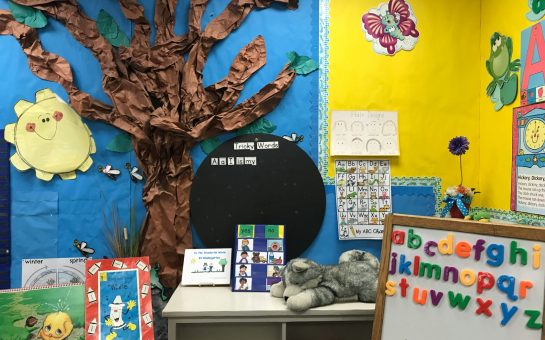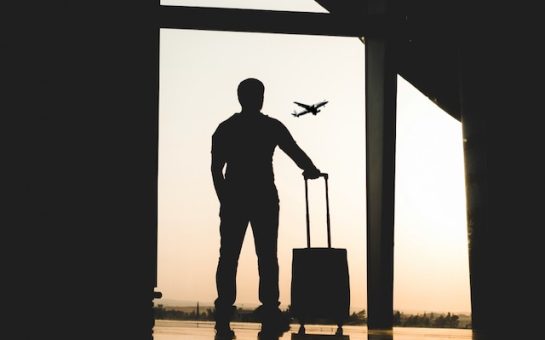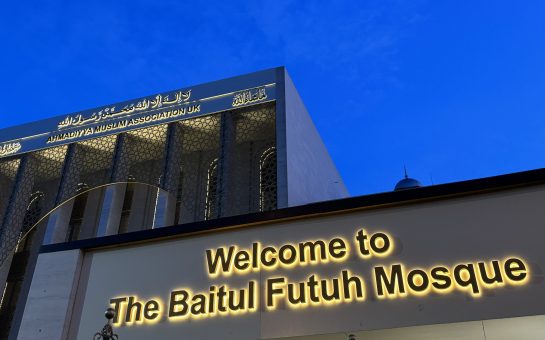When the coronavirus grounded international travel in March 2020, the lives of people approved for refugee resettlement in the UK were put on hold.
In November the Government announced existing resettlement efforts would resume in a ‘limited capacity’ but remained tight-lipped about a commitment to welcome 5,000 refugees under a new scheme this year.
Andy Hewett, Head of Advocacy at the British Refugee Council, an organization that resettles refugees alongside local authorities, said: “The global need for resettlement has never been greater.
“There are more displaced people who can’t be returned to their country of origin or can’t be integrated into their country of asylum.
“Our call to the Government is to be ambitious and announce a programme that would seek to bring 10,000 people a year in the next five years.”
What was promised?
In June 2019 former Home Secretary Sajid Javid announced UKRS, a new resettlement scheme, broader and more global in scope.
UKRS was intended to come into effect in April 2020 to consolidate three existing schemes: the Gateway Programme, the Vulnerable Children’s Refugee Scheme (VCRS) and the Vulnerable Persons Resettlement Scheme (VPRS).
However, the coronavirus derailed VPRS from meeting a target of 20,000 by 232 people, which in turn put plans to bring in UKRS on the backburner.
Since March a number of the 232 have reportedly resettled but no word has yet been released about UKRS.
This is despite the fact thousands of applications falling under UKRS have already been submitted to the Home Office by UNHCR, the UN agency that coordinates resettlement globally.
What is at stake?
If the government does not install UKRS after VPRS is complete, the British Refugee Council is concerned about how further delays could endanger already vulnerable lives.
Hewett said: “We know that some people in refugee camps have attempted to take their own lives because they’ve been waiting so long for a solution to their situation.
“There’s a real kind of mental health impact of the anxiety for a lot of people who know they’ve been approved and were expecting they would travel to the UK within a number of months.
“Not having start date has been really frustrating, not just for us and local authorities, but more so for those people who have already been approved and who are living with massive uncertainty as to when they might be able to physically travel.”
UNHCR senior communications officer Matthew Saltmarsh said: “While we recognise the challenges that Covid is currently presenting to the UK, UNHCR is concerned about the delays in starting the new global resettlement scheme (UKRS).
“Refugees’ needs are acute and rising – globally only 20,364 were able to depart on resettlement in the first 11 months of 2020.
“UNHCR encourages the UK to start its new resettlement plan as soon as possible to help alleviate further suffering among particularly vulnerable refugees.”
What is it like to wait?
After waiting seven years to resettle with his parents and three older brothers, Lutfi Al Shaabin, 25, knows what it is like have life on pause.
Originally from Daraa, Syria, he and his family left home in 2012 when the conflict began.
They fled to Irbid, Jordan and applied for resettlement through UNHCR, but the process took years.
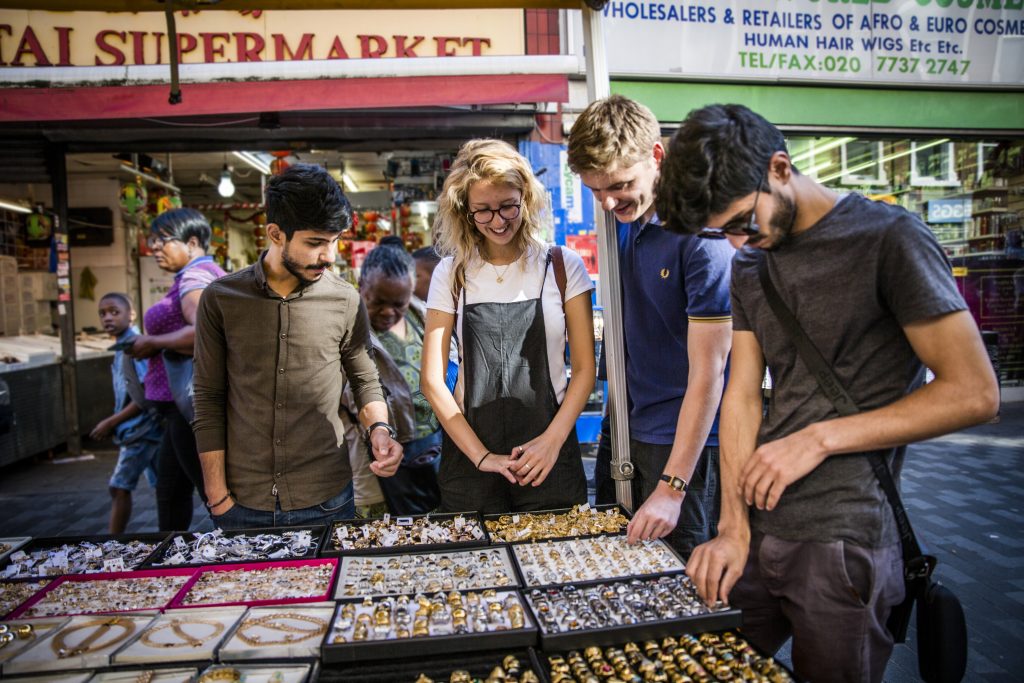
While Lutfi was grateful to not have been in the refugee camps, he was constantly worried about being questioned and deported by secret police if he communicated with loved ones back in Syria.
Speaking through a translator, Lutfi said: “We are very happy to have moved here… But we still have family in Jordan and in Lebanon.”
His grandfather in Lebanon is ‘very sick’ with mobility issues so the family have applied for resettlement on his behalf.
In Jordan, Lutfi’s extended family are waiting to hear back about a resettlement application submitted in April, 2019.
A proud history, an uncertain future
In 2019, the UK was one of the top three refugee resettlement countries behind the US and Canada.
In November 2020, Rishi Sunak’s Spending Budget not only did not indicate a start date for UKRs but revealed a £5bn cut to overseas aid.
Further frustrating refugee organizations in the UK was news that countries in North America and Europe had resumed resettlement programmes.
Bea Forrester, a third year student at the University of Manchester, founded Peckham Sponsors Refugees to welcome the Al Shaabin family.
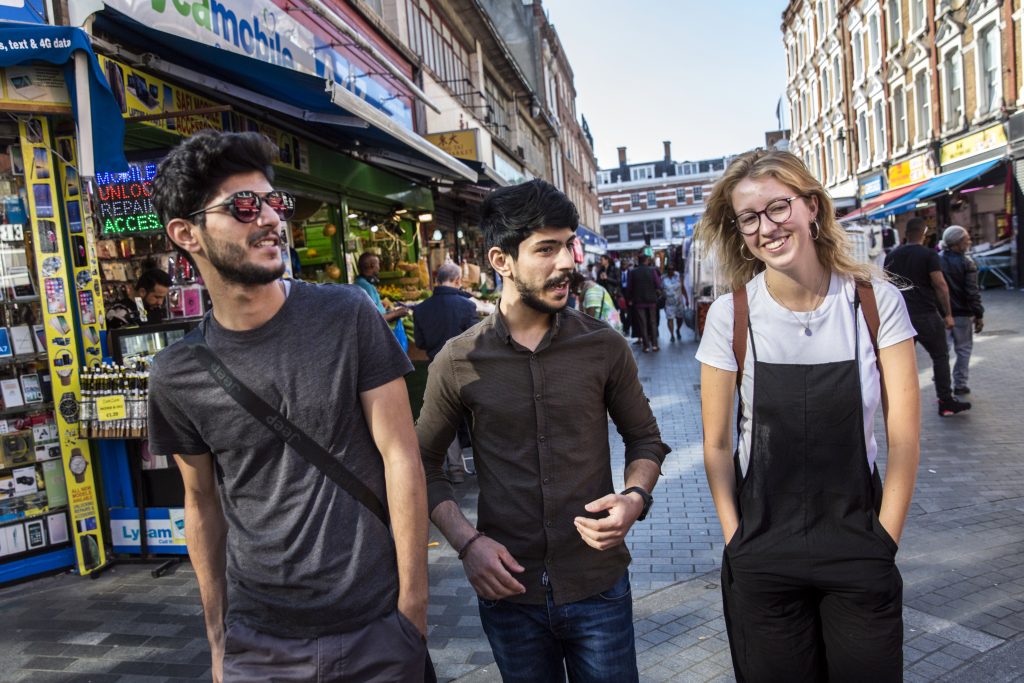
She said: “The silence is completely unfair. It’s not only putting lives at risk but also ignoring an offer of help here that isn’t being utilized.”
Hope remains
Reset, a community sponsorship coordinator, noted that after launching the Communities for Refugees campaign expressions of interest were up by 407% in July-December 2020 in comparison to 2019.
Jane Fletcher, a former teacher in Lincolnshire welcomed a Syrian family in early 2020 with her church members in Lincolnshire through community sponsorship.
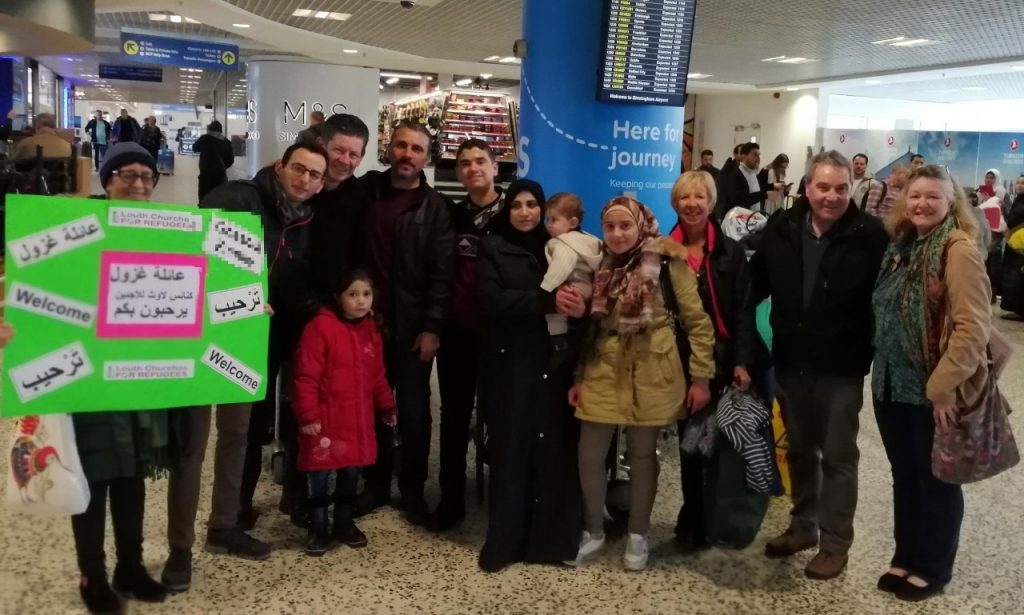
Weeks into their arrival, the country went into lockdown.
But Jane and her group reorganised ESL classes for the parents and individual calls with the children on Zoom.
She said: “It’s just a rollercoaster of emotions… day to day you get slapped in the face with another barrier but we’ve worked around it and they are doing remarkably well.”
Asked whether resettlement is possible during a pandemic, Jane said: “We know we can do it and we can be successful.
“We’ve started think about the next family and our family are thinking they would like to help welcome them.”
Featured image credit: UNHCR/Andrew McConnell
